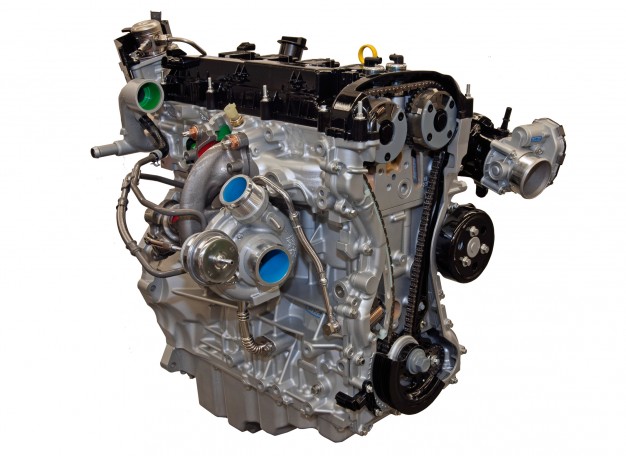At AET, our teams are here to help when things go wrong with your turbo, but we understand that you’d rather not have to come and see us at all!
In this post, we look at a selection of things you can do to prolong the life of your turbocharger and protect it from failure. Follow these tips, and you’ll probably never have to give us a visit.
What causes turbo failure?
Before we go into the ways you can protect your turbo, it’s important to understand what causes problems. As we’ve mentioned previously here on the blog, there are three main causes of turbo failure:
- Oil problems – either through a lack of lubrication, or contaminated oil
- Foreign objects getting into the turbo (typical culprits include dust, dirt and debris)
- Over-speeding – when the turbo has to work harder than it should
Service it regularly
Leaving your vehicle too long between services is a sure fire way to reduce the lifespan of your turbo, so make sure you keep on top of it and have your car serviced regularly ,by a reputable mechanic who knows what they are doing!
If you’re unsure about your car’s service intervals, this information can be readily found online or in your vehicle handbook. As part of your service, make sure they change the oil (using suitable, high-grade oil) and replace the oil filter, to help protect your turbo from damage through oil contamination.
*Tip* Prime the turbo and purge all the air from the oil system as you would when fitting a new or replacement turbo.
All about the oil
There are a lot of moving parts on a turbocharger, and they need to be kept well lubricated to minimise friction and wear, which is why it’s really important that you always make sure that your oil levels are right.
Whenever you have your engine serviced, change the oil, or top up the oil levels in your vehicle, make sure you use high-grade oil that’s suitable for your engine. If you’re unsure about which oil to use, check in your vehicle handbook, and it will let you know the correct API quality specifications for your engine.
Low-grade oil doesn’t adequately protect your turbocharger from wear, build up or damage, and using it can cause serious problems and significantly reduce the lifespan of your turbo.
Oil is so important to turbochargers, we’ve written a whole other article on it.
Driving tips
How you drive your vehicle has a huge impact on your turbo, and following a few simple tips will help to maximise its lifespan.
When starting your vehicle, don’t set off immediately, but wait 10 seconds. This is because it takes between 5 and 10 seconds for oil to reach your turbocharger once you’ve started it. This will help to prevent unnecessary wear.
Whilst you don’t have to drive at a snail’s pace, it’s best to let your engine warm up before you start raising the revs too high. Avoiding the red line, accelerating steadily, and ensuring that you don’t try and push your car to its top speed before it has warmed up will reduce the stress on your turbo.
Turbochargers have to work fairly hard after long journeys, especially if you’ve been driving at motorway speeds. Working hard raises the temperature of the turbo, and turning the engine off immediately after a long run can cause damage – as the turbine won’t have had chance to slow down, and the turbo will still be hot. To help prevent this, allow your engine to cool down a little by leaving it idle for 30 – 60 seconds before switching off the ignition.
How we can help
Of course, sometimes, it doesn’t matter what you do to protect your turbocharger – problems can still happen.
If your turbo does start to fail, give us a call on 01924894171 or email [email protected]. Our team of friendly experts have experience repairing and replacing turbochargers of all types, and we provide a high-quality, professional service.
For extra peace of mind, all repairs and new turbochargers we supply come with a full 12 month warranty.



